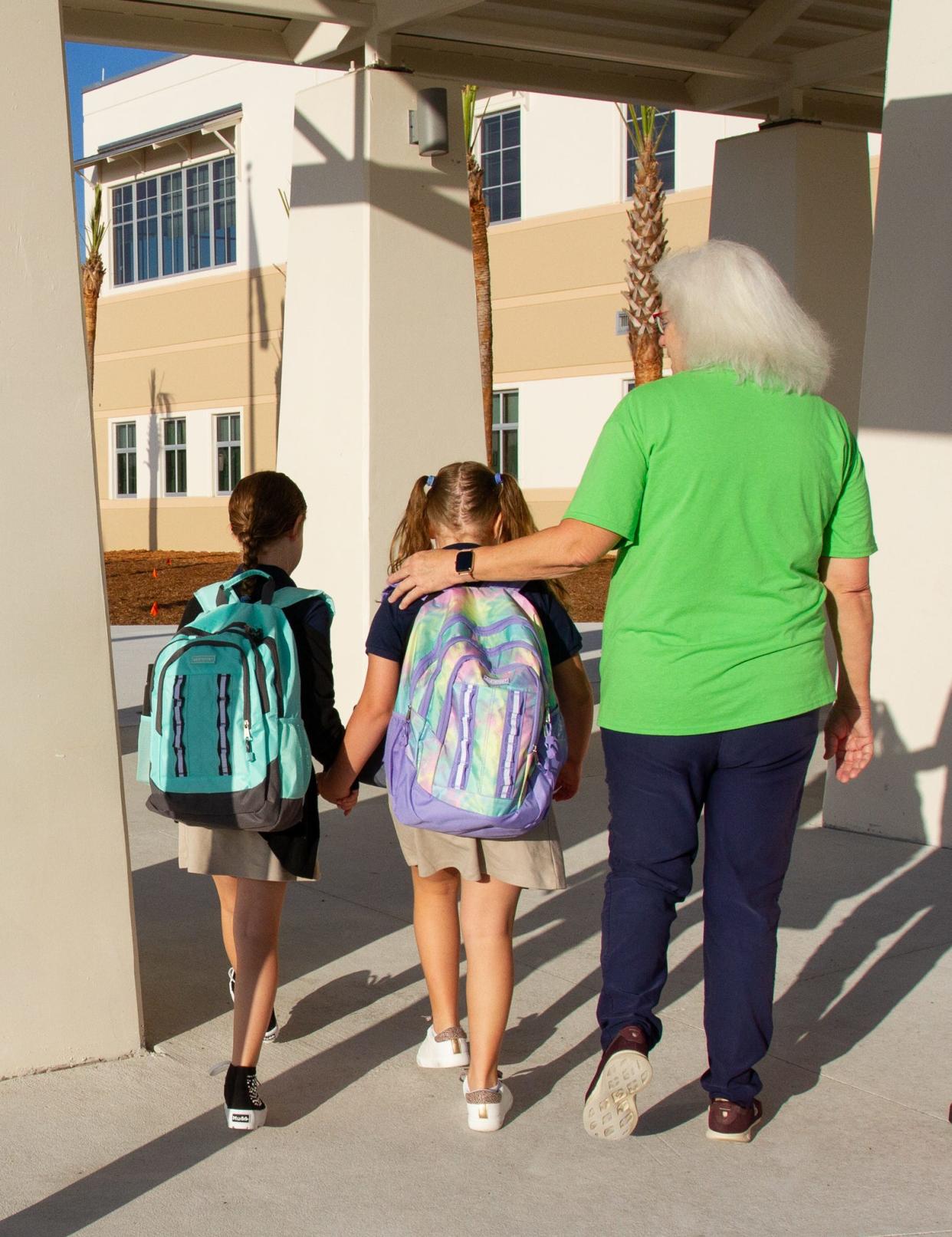Teachers as first responders? They do so much more than teach | R. Bruce Anderson

I am proud to say that in addition to my role as an instructor in policy and public administration (and a bunch of other political-science-y things), I am the lead instructor in education policy in our doctoral program for education leaders and practitioners.
I’ve had to learn. I’ve had to educate myself and, more importantly, be educated by my own students. The reason is simple: Much of my knowledge is theoretical. Nowhere along my academic way was I ever required to take an education class, a teaching “instructional” or a practicum in teaching, or anything related to assessment, instruction, class preparation or anything in that line at all.
Hypothetical policy, I know. Experience, I had to get on my own.
College instruction is just different. As a Ph.D. from a major research 1 institution, I was always granted leeway to teach my stuff as I saw fit, include things I thought important and exclude things I thought were worthless. As an expert in the field, from day one, I taught my classes under the gentle hand of department chairs and administrative leadership folks who were truly “hands-off.” They trust us, as experts, to teach what we know.
Most public-school teachers are simply better trained at what they do – they are not Ph.D.’s, and work in a much more demanding – at least differently demanding – environment. They are trained in teaching, trained in how to work with children, and trained in kid psychology in ways no college level instructor is trained (or is expected to be trained).
We, in colleges and universities, have massive support elements: learning centers, mental health clinics, student support services. For many in the kindergarten-high school venue, they have to be, as individuals, all of these things. And teach, too.
They are not heroes. I mean, yes, they are heroes as all who teach our children are, but marking down some people as “heroic” often means we do not intend to pay them very much, or to give them much respect as individuals, and in return for so “honoring” them, expect miracles to be part of their stock and trade on a daily, nay, hourly, basis.
But these are professionals. Carefully trained experts in what they do.
Bruce Anderson: Containing Russian aggression should be a priority, not mired in petty politics
“First responders” are those on the front line of society, protecting, caring, preventing harm and making the world a generally better place. These folks often stand between the rest of us and disaster, in a very immediate sense, during a crisis of some sort. Given the crises in public education, I do not think it much of a stretch to include K-12 teachers in this category.
We are falling behind the rest of the world in basic learning: in math, in reading, in a basic understanding of the scientific method. A generation hangs in the balance, and the people we rely on to turn the tide are facing many of the same issues that cops, firefighters, EMTs, public health and others more traditionally in these positions face: over the top stress, poor pay and fragmentary benefits, job insecurity, and, perhaps worst of all, an increasingly common disconnection between what they do and with the people they serve.
But the costs can be high. I would argue that the need for invested dollars in this area is higher than ever. Gov. Ron DeSantis recently raised the wages of public service, which is wonderful, but so much more must be done. Few would question the value of garbage collection or the need for clean water – but education must fight for every dollar. The governor’s impulse was right on target. But infrastructural needs are high, technology costs rise with every new innovation and STEM labs need to be updated to train the next generation of scientists.
It’s time for the legislature to shift to a new budgetary priority that will attract great new teachers, keep the wonderful teachers we have, and supply them with the tools they need to do their jobs.
R. Bruce Anderson is the Dr. Sarah D. and L. Kirk McKay, Jr. Endowed Chair in American History, Government, and Civics and Miller Distinguished Professor of Political Science at Florida Southern College. He is also a columnist for The Ledger and political consultant and on-air commentator for WLKF Radio in Lakeland.
This article originally appeared on The Ledger: Comparing teachers to first responders | Bruce Anderson

